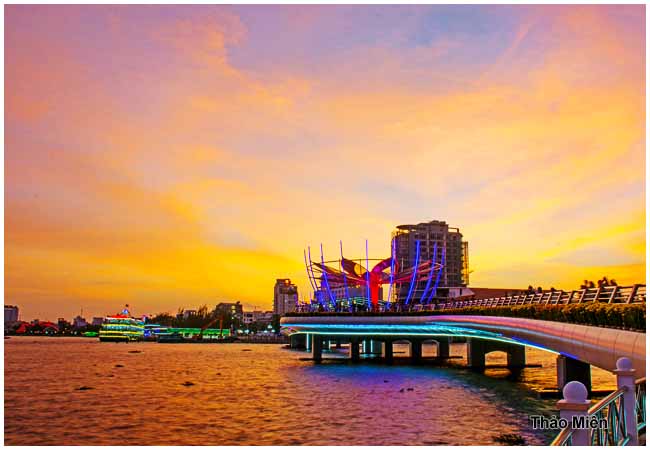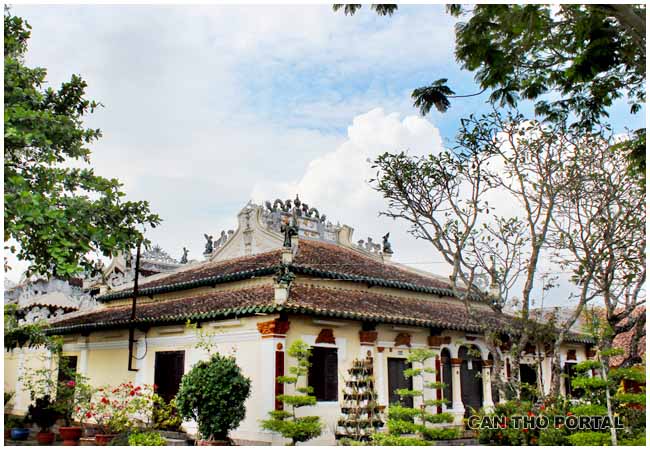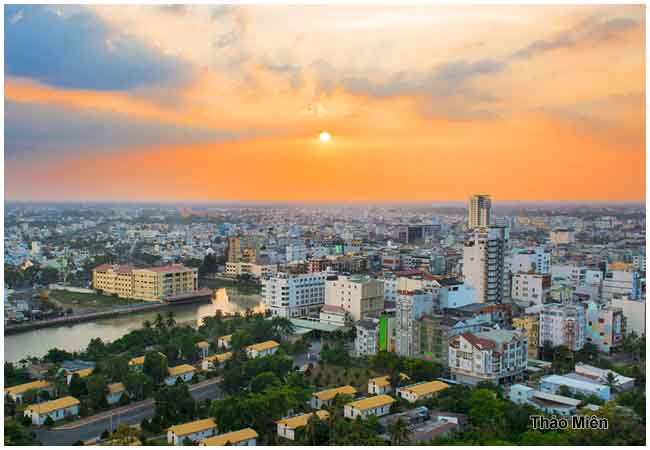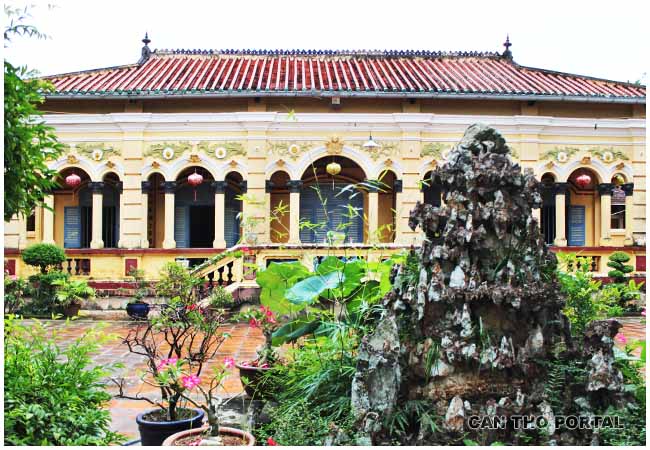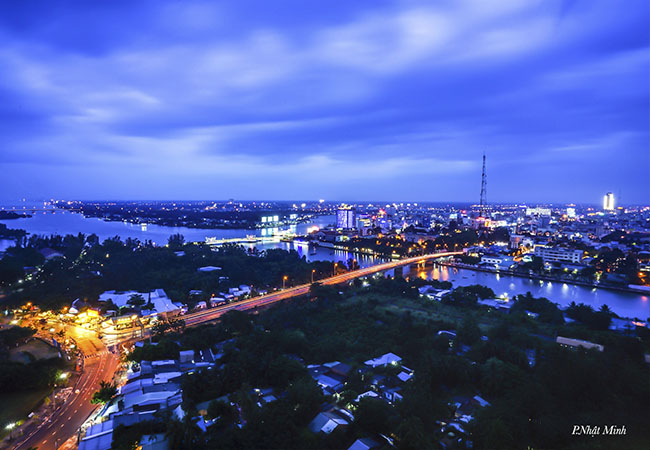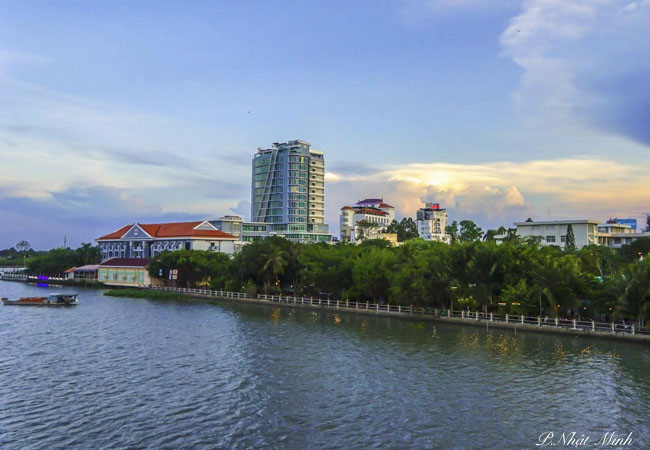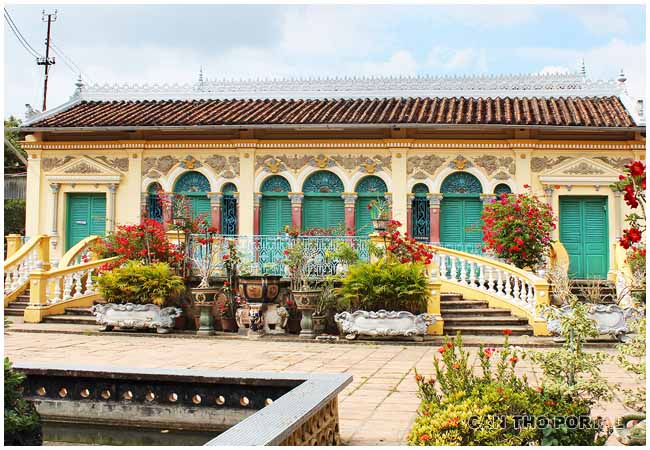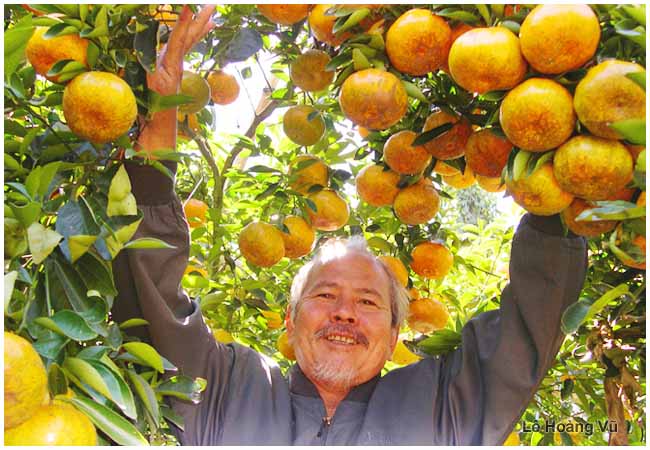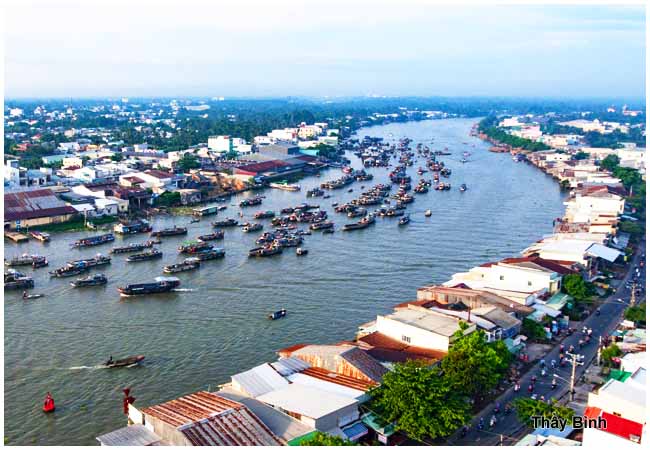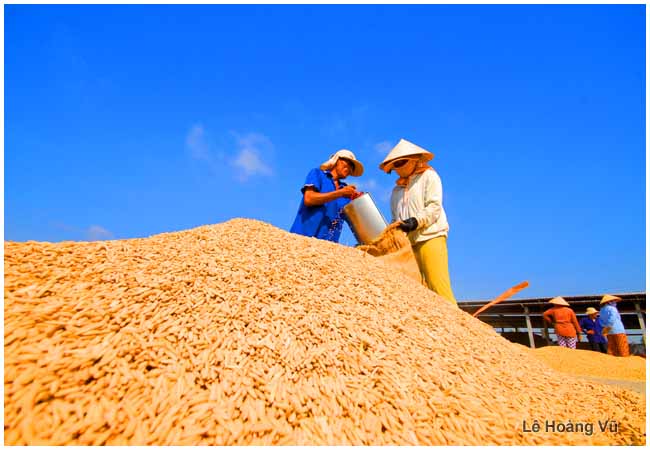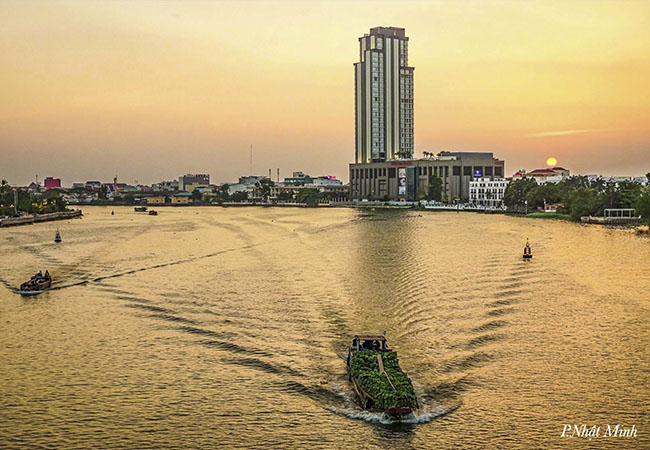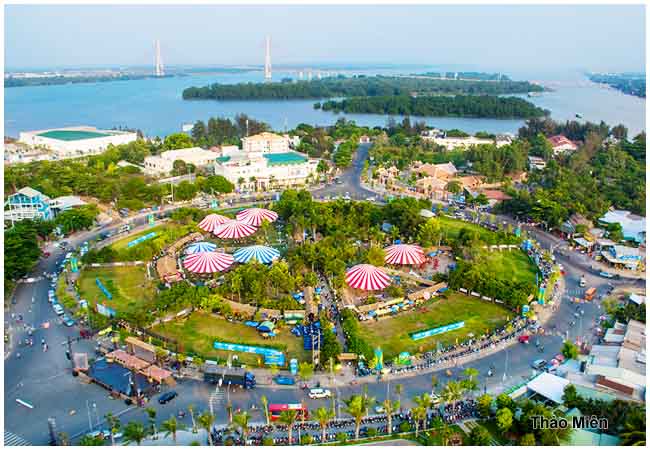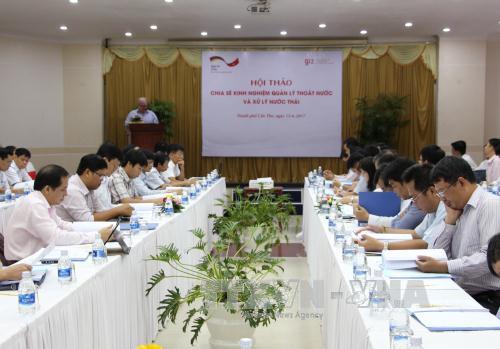
At the workshop, leader representatives of these departments said that at present, the drainage and wastewater treatment systems in urban, industrial zones and hospitals of the localities have not met the demand of socio- economic development. In addition, the water drainage and wastewater treatment projects in provinces and cities have not had harmonization between technology and finance, especially finance for operating management after the investment. Besides, many urban centers have not invested wastewater collection and treatment systems yet. Especially, in urban development, many provinces and cities in the Mekong Delta are facing with difficulties in drainage management, wastewater treatment and flood preventing for the urban areas being influenced by climate change, sea level rise, flood, drought, ect.
Some representatives from An Giang, Binh Dinh, Soc Trang and Quang Ngai said that these localities are facing with difficulties and challenges in drainage management in urban areas, industrial zones, industrial clusters and craft villages. The drainage and sewerage systems have not invested completely. The operation and maintenance have not been noticed. Especially, the localities are lack of information on modern wastewater treatment technology. The construction of drainage systems for urban areas, industrial clusters has not met the demand. The collection of wastewater and environmental protection fees as present cannot cover the costs of operation and maintenance without the support from local budgets.
To be effective in drainage management, wastewater treatment, flood preventing for urban areas, Mr. Trinh Nam Trung, Deputy Director of An Giang Department of Construction said that the localities should evaluate and forecast socio- economic development, population development and distribution, industrial services, infrastructure. In addition, localities should evaluate urban flooding situation including the frequency, areas, drainage systems, and size of wastewater treatment plants. Especially, the localities should identify priority investment programs and projects on the drainage management, wastewater treatment in each period.
Ms. Nguyen Kim Hoang, Head of Technical Infrastructure Board, Can Tho Department of Construction, proposed that the localities need to orient the development of drainage management suitable with socio-economic conditions of each locality and to balance local resources to propose the water drainage models, appropriate investment to implement the plan. Especially, the localities need to strengthen the propagation and education of people’s knowledge on environmental protection as well as some issues related to environment, water drainage and to have preferential policies to encourage the investment and research on water drainage, ect.
At the workshop, the local representatives said that under the GIZ’s support, provinces and cities as Can Tho, Tra Vinh, Quang Ngai, An Giang, Khanh Hoa, Binh Dinh, Soc Trang setting a goal to 2030 for more than 50 percent of total wastewater in urban centers of grade 2 and higher and 20 percent of total wastewater in urban centers of grade 5 and higher will be collected and treated up to set standards before being discharging into the environment. Also, the provinces and cities will expand the urban drainage and sewerage systems to an average of over 80 percent of service coverage. Over 80 percent of wastewater in craft villages will be collected and treated up to set standards before discharging into common domestic culverts or the environment. Over 30 percent of wastewater will be treated up to set standards being re-used for plant watering, road cleaning and other purposes.
Particularly for the rainwater drainage and food preventing in urban areas up to 2030, these above localities should strive for expanding the service capacity of rainwater drainage systems in urban areas to average of over 80 percent. Over 20 percent of urban centers will have solutions to collect and treat rainwater to set standards to recycle in daily activities; 100 percent of urban centers will not be flooded frequently in rainy seasons.
Source: VNA - Translated by Minh Loan





